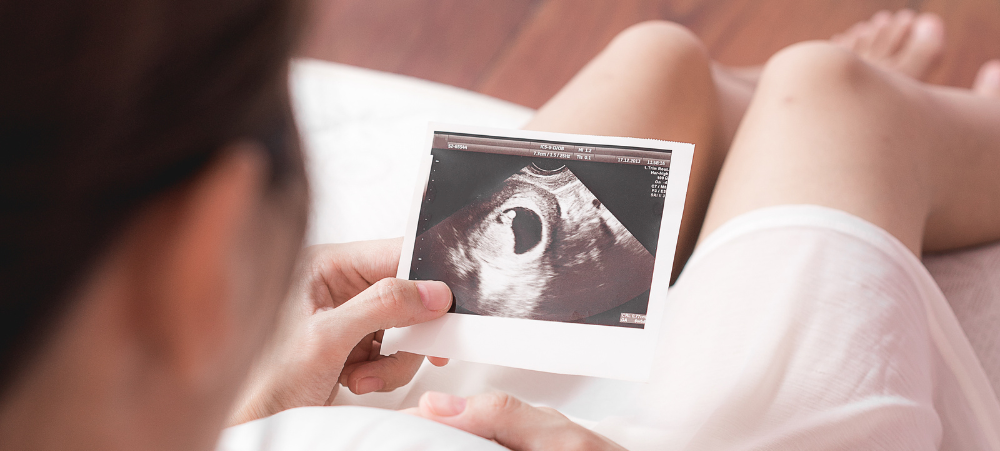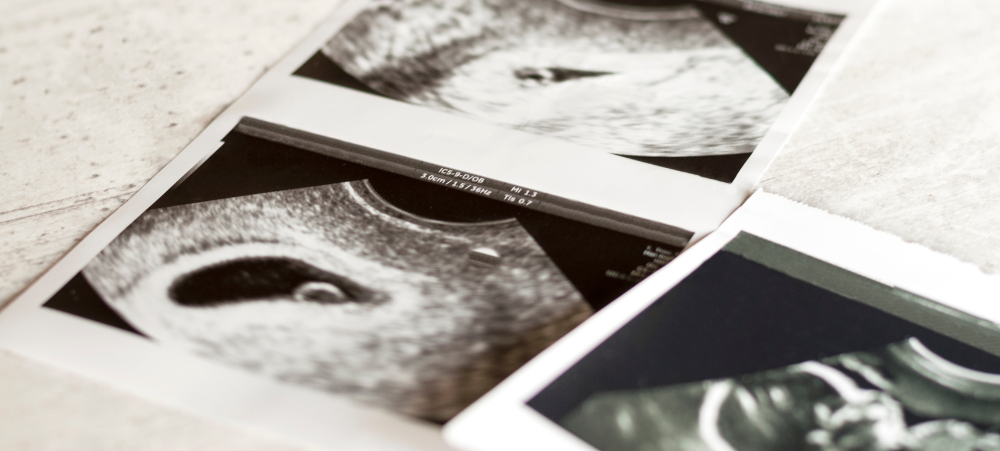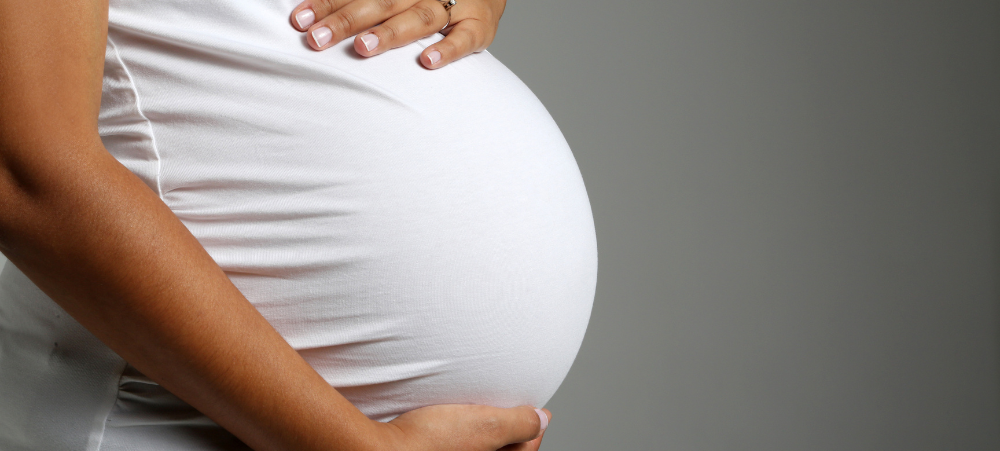You are now 5 weeks away from your due date, should everything go according to plan. This can be both an exciting and nerve-wrecking time, especially if this is your first pregnancy and you’ve never experienced birth first hand.
Your body at week 35
At week 35 you’ll probably be feeling tired and heavy – your body will probably be feeling the strain of growing a baby. Frequent urination, lower back and abdominal pain, constipation, Braxton Hicks contractions, tender breasts and trouble sleeping are all normal symptoms at this time.
When your baby moves further down into your pelvis (to get ready for birth) you may notice that your shortness of breath improves. While this may help your breathing, it probably won’t help your frequent need to urinate. Your baby moving down is known as lightening or dropping.
Your baby at week 35
Your baby is now roughly the size of a pineapple or melon, has lungs that are almost developed, and a brain and nervous system that are still developing. The musculoskeletal system and the circulatory system are fully developed at this point, and if your baby was born premature they will have a very good chance of survival. Babies born between 34 and 37 are called late preterm, and while they may look like a smaller full term baby there are some challenges that they’ll face being born earlier. Your baby will also start to move into position for birth around this time, moving down into your pelvis.
Things to keep in mind at week 35
During the third trimester it is recommended that you go for a group B streptococcus test. Although this is a common bacteria in the gastrointestinal tract, it can be harmful to newborns. If your test is negative you won’t need to do anything, however, if you are positive you’ll be given antibiotics during labour which will lower the risk of your baby contracting early-onset GBS.
For 2025 we have a renewed Female Health Programme:In collaboration with CareWorks, it’s accessible to all female members aged 18 and above, with an emphasis on preventative care and early detection of female-specific health issues. In addition, we have an enhanced Maternity Programme to support expecting mothers. This includes early identification of and weekly engagement for high-risk pregnancies, post-childbirth care and associated mental health follow-up calls for new mums, given the prevalence of pre and postnatal depression. Also, milestone reminders for children under 3 and cover for antenatal vitamins through savings, day-to-day benefits or the Benefit Booster
Bonitas Medical Fund
0860 002 108
View Website: www.bonitas.co.za
- Premature birth – what to expect - November 21, 2025
- Why should I breastfeed my baby, and what if this is not an option? - November 14, 2025
- Why medical aids must go beyond medicine in managing diabetes - November 13, 2025






